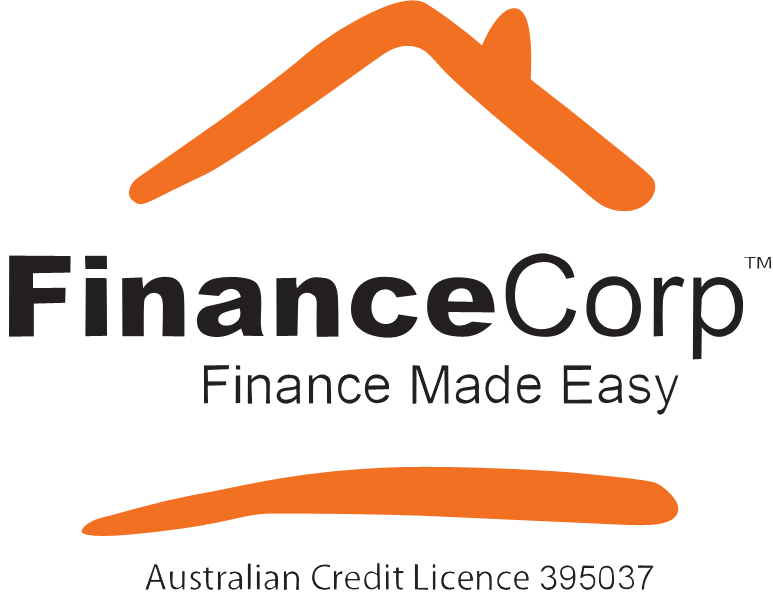If you’ve been struggling to satisfy a handful of debts, debt consolidation may seem like a logical solution. However, depending on your financial situation, it may not always be ideal. Debt consolidation comes in the form of a personal loan and can be of great assistance to those juggling multiple payments at once. Read on to find out whether debt consolidation is the appropriate solution to your problem.
What is Debt Consolidation?
Debt consolidation loans help alleviate outstanding credit card charges and other debts that may have incurred interest rates, conditions, and balances. With a single monthly payment, you can keep a closer eye on your budget without the distraction of following up on multiple obligations.
The Benefits of Debt Consolidation
If you’re after a debt consolidation loan for its advantages, there are many. These include:
- Single Monthly Payments. Instead of having to chase multiple entities every month, you can give yourself a break by keeping track of a weekly or monthly payment over a fixed amount of time. You’ll never have to worry about overlooking a repayment that may put you at risk of a penalty if there’s less reason to keep an eye out.
- Fixed Rates and Terms. When paying a fixed rate, you’re more likely to resolve your debts quicker. Because you’re expecting to repay the same amount every month, it becomes easier to budget and keep track of your cash flow. Commit to a schedule you know you can follow—otherwise, you could damage your credit score.
- Lower Monthly Payments. Though you end up paying more overall, extending your loan terms can present lower monthly payments that are easier to shoulder in the meantime.
The Downsides of Debt Consolidation
As with every loan product, debt consolidation set-ups come with their fair share of drawbacks.
- Accumulating More Debt. Ironically, consolidating your debt often leads to collecting more of it if you aren’t careful. Freeing up credit doesn’t mean you’re free to use it. Whatever positive outcomes a debt consolidation provides, prioritise saving.
- Greater Overall Spending. As we mentioned above, the longer your loan terms, the more you’ll have to shell out in the long run.
- Putting Your Credit Score at Risk. Failing to keep up with monthly repayments can result in a low credit score. If you’re hoping to take out a second loan in the future, you won’t be able to do so if you can’t get your numbers up.
Should You Opt for Debt Consolidation?
If you’re unsure about whether debt consolidation is the best route to take, consider the following tips.
- Shop Around. Debt consolidation may seem intuitive if you’re dealing with several bills. However, you may find other loan options that work better than you think.
- Calculate What You Can Afford. If you’re not confident in your ability to make repayments on time, hold off on debt consolidation. You’ll need to leave room for other living expenses as well.
- Know Your Credit Rating. Not everybody will qualify for debt consolidation. In most cases, a lender will require that you have a specific credit score to be eligible for a loan at all.
Conclusion
Being proactive about taking control of your debts as soon as you find yourself faltering can remove the risk of more potentially devastating financial problems. Debt consolidation makes for an excellent repayment plan but doesn’t suit every homeowner. To determine your compatibility, give your finances a thorough once-over and consult with your financial advisor.
Regardless of the situation, we at Finance Corp can meet your financial needs with a headstrong attitude and care. To finance your real estate purchase or a brand-new car in Perth, don’t be shy—enquire today.
